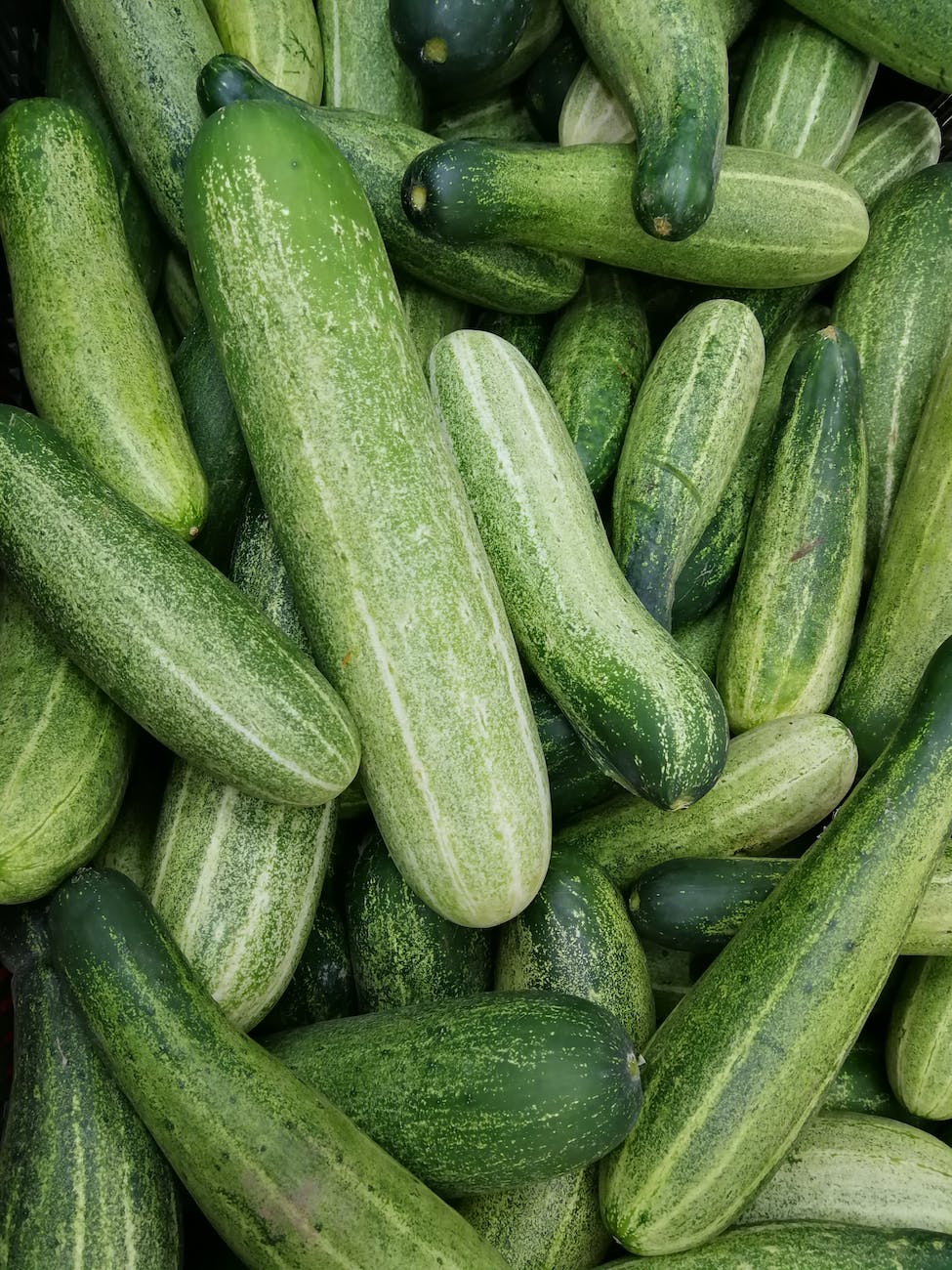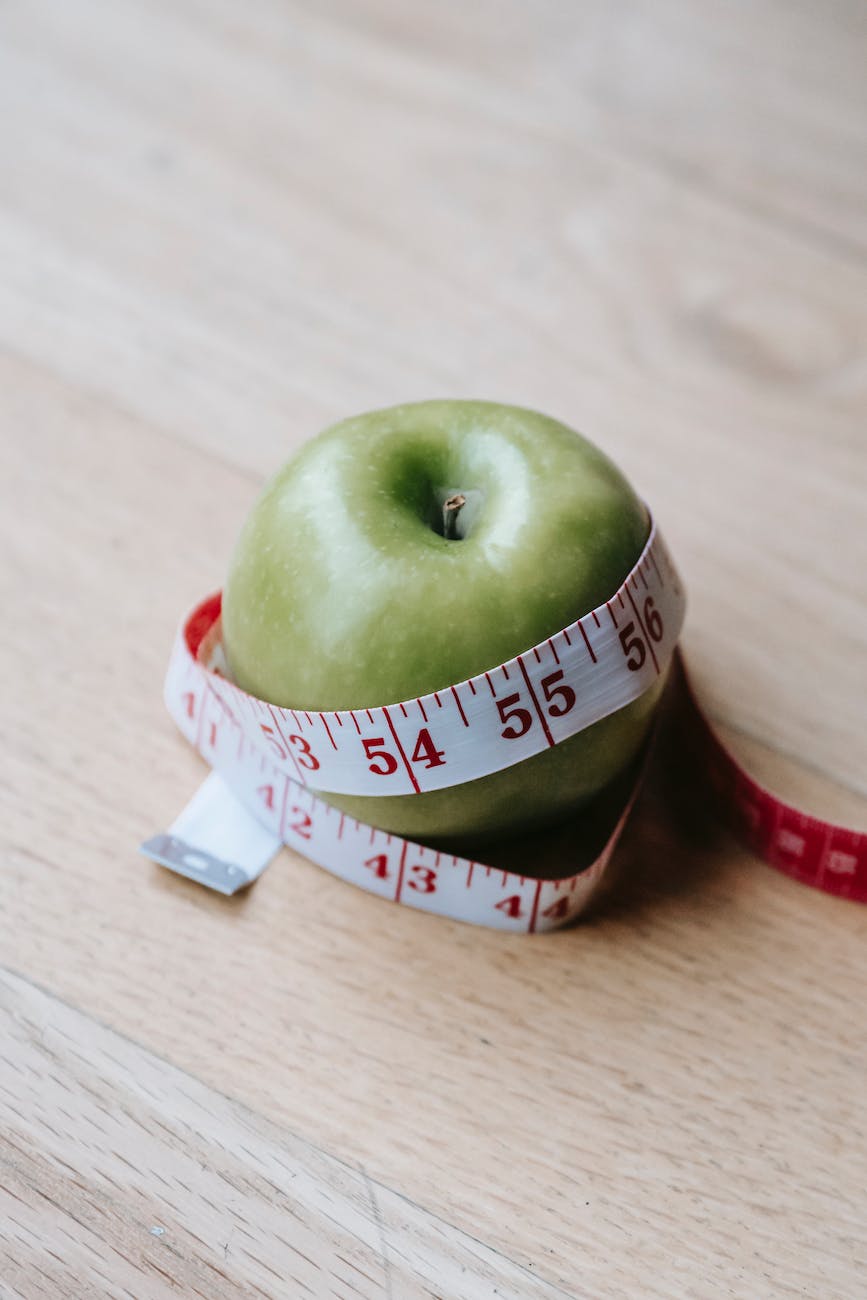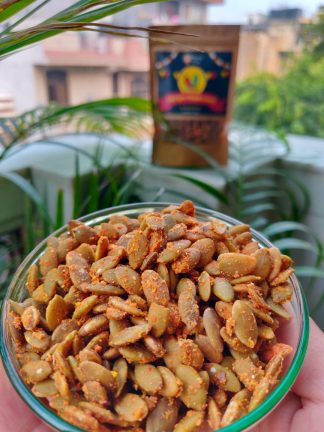
Are you on a quest to shed those extra pounds and improve your overall health? Look no further than the humble cucumber water! This simple yet effective drink has gained popularity as a natural and refreshing aid in weight loss. In this article, we will dive deeper into the weight loss potential of cucumbers, explore the benefits of incorporating cucumber water into your diet, and learn how to make this delightful beverage at home.
The Weight Loss Potential of Cucumbers
Cucumbers are not just a delicious addition to salads; they are also a powerful ally in your weight loss journey. Here’s how cucumbers can help you achieve your weight loss goals:
1. Low Calorie and High Water Content
Cucumbers are one of the lowest calorie vegetables available. A cup of sliced cucumbers contains merely 16 calories, making them an excellent choice for those looking to reduce calorie intake. Additionally, cucumbers are about 95% water, which means they are incredibly hydrating and can help you stay full and satisfied, reducing the temptation to snack between meals.
2. Rich in Fiber
Fiber is essential for weight loss as it promotes satiety and supports healthy digestion. Cucumbers contain both soluble and insoluble fiber, which aids in maintaining a healthy gut and preventing constipation. The fiber content in cucumbers helps you feel full for longer, reducing the likelihood of overeating and supporting your weight loss efforts.
3. Nutrient-Rich Profile
Despite their low calorie count, cucumbers boast a rich nutrient profile. They are a good source of vitamins and minerals, including Vitamin K, Vitamin C, potassium, and magnesium. These nutrients play a vital role in various bodily functions and contribute to overall health and well-being.
The Benefits of Cucumbers in Weight Loss
Beyond their weight-loss potential, cucumbers offer numerous health benefits that make them an ideal addition to your diet.
1. Hydration and Detoxification
Staying hydrated is crucial for overall health and can also support weight loss. Cucumbers’ high water content helps keep you hydrated, improving bodily functions and metabolism. Additionally, the water in cucumbers acts as a natural detoxifier, aiding in flushing out toxins from the body and promoting better digestion.
2. Reduced Inflammation
Cucumbers contain antioxidants and anti-inflammatory compounds, such as flavonoids and tannins, that can help reduce inflammation in the body. Chronic inflammation is associated with weight gain and various health issues, so incorporating cucumbers into your diet can contribute to better overall health and support your weight loss journey.
How to Make Cucumber Water for Weight Loss
Making cucumber water at home is simple, and it can be a refreshing and nourishing addition to your daily routine. Here’s a quick and easy recipe to get you started:
Ingredients:
- One medium-sized cucumber
- One lemon
- One to two liters of water
Instructions:
- Wash the cucumber and lemon thoroughly to remove any dirt or pesticides.
- Slice the cucumber and lemon thinly, ensuring you keep the skin intact for added nutrients.
- In a large pitcher, combine the sliced cucumber and lemon.
- Fill the pitcher with water, ensuring that all the cucumber and lemon slices are submerged.
- Allow the mixture to infuse in the refrigerator for at least 8 hours or overnight for the best flavor and maximum nutrient extraction.
- Serve the cucumber water chilled, and enjoy throughout the day.
The Cucumber Water Diet: An Effective Weight Loss Strategy?
The cucumber water diet is a popular approach to weight loss, where cucumber water is incorporated into the daily diet as a low-calorie, hydrating, and nutrient-rich beverage. While cucumber water can be a valuable addition to a balanced diet, it is essential to remember that sustainable weight loss requires a comprehensive approach. Adopting a balanced diet, engaging in regular physical activity, getting adequate sleep, and managing stress are all crucial factors in achieving your weight loss goals.
The Added Power of Lemon in Cucumber Water for Detox
For an extra boost in flavor and nutrients, you can add lemon to your cucumber water. Lemon adds a zesty kick and is rich in Vitamin C, which supports collagen production and can enhance your skin health. Additionally, lemon’s tangy flavor can make the cucumber water even more enjoyable to drink.
Frequently Asked Questions
1. How can cucumber water help with weight loss?
Cucumber water can support weight loss in multiple ways. Its low-calorie content, high water content, and fiber-rich profile contribute to a feeling of fullness, which may reduce overall calorie intake. Additionally, staying hydrated with cucumber water can aid in proper digestion and metabolism, supporting weight management efforts.
2. Can cucumber water replace meals for weight loss?
While cucumber water can be a hydrating and nutritious addition to your diet, it should not be used as a meal replacement. Weight loss requires a balanced and varied diet that provides essential nutrients. Cucumber water can complement your meals and support weight loss when combined with a healthy eating plan.
3. How much cucumber water should I drink for weight loss?
There is no specific quantity of cucumber water recommended for weight loss as it varies from person to person. Generally, staying hydrated throughout the day with cucumber water can help control appetite and reduce the likelihood of overeating. Listen to your body’s cues and drink cucumber water when you feel thirsty or need a refreshing option.
4. Are there any other benefits of drinking cucumber water besides weight loss?
Yes, cucumber water offers a range of health benefits beyond weight loss. It helps keep you hydrated, supports proper digestion, flushes out toxins, and promotes skin health due to its hydrating and nutrient-rich properties. Additionally, cucumber water can aid in reducing inflammation in the body, contributing to overall wellbeing.
5. Can I add other ingredients to cucumber water for weight loss?
Absolutely! You can enhance the flavor and nutritional value of your cucumber water by adding various ingredients. For example, lemon adds a zesty twist and provides Vitamin C, while mint can add a refreshing taste and promote digestion. Ginger is another excellent option known for its metabolism-boosting properties.
6. How long can I store cucumber water?
For the best flavor and maximum nutrient extraction, it is recommended to consume cucumber water within 24 hours. After 24 hours, the water may start to lose its freshness, and the cucumber slices may become soggy. To ensure optimal taste and benefits, it’s best to make fresh cucumber water daily.
7. Can cucumber water help with bloating?
Yes, cucumber water’s hydrating and diuretic properties can help reduce bloating and water retention. The water content in cucumbers aids in flushing out excess water and toxins, promoting a feeling of lightness and reducing bloating.
8. Is cucumber water suitable for everyone?
Cucumber water is generally safe and suitable for most people. However, some individuals may be allergic to cucumbers or have specific medical conditions that require dietary restrictions. If you have any concerns or medical conditions, it’s always best to consult with a healthcare professional before making significant changes to your diet.
9. Can cucumber water replace plain water in my daily intake?
While cucumber water is a delicious and nutritious option, it should not entirely replace plain water in your daily intake. Plain water remains the best source of hydration, and cucumber water can be consumed as a tasty and beneficial alternative to add variety to your fluid intake.
10. Can cucumber water be a part of a long-term weight loss strategy?
Yes, cucumber water can be incorporated as part of a long-term weight loss strategy when combined with a balanced diet and regular exercise. Its low-calorie content, hydrating properties, and nutrient-rich profile make it a sustainable addition to support your weight loss journey and overall health.
Conclusion
Cucumber water is more than just a trendy beverage; it is a refreshing and nutritious way to support your weight loss journey and promote overall health. With its low-calorie, high-fiber, and hydrating properties, cucumber water can help you stay on track with your weight loss goals while keeping you refreshed and satisfied. So, the next time you feel thirsty, reach for a glass of cucumber water and let its benefits work wonders for your body and well-being.
Remember, consistency and a comprehensive approach to a healthy lifestyle are key to achieving and maintaining your weight loss goals. Cucumber water can be a delightful and beneficial tool to assist you on your journey, but it should be combined with other healthy habits for the best results.
Blog Tags
cucumber water for weight loss, weight loss tips, healthy hydration, weight loss journey, nutrient-rich beverages, natural weight loss, cucumber health benefits, low-calorie drinks, detox water, and weight loss recipes.














